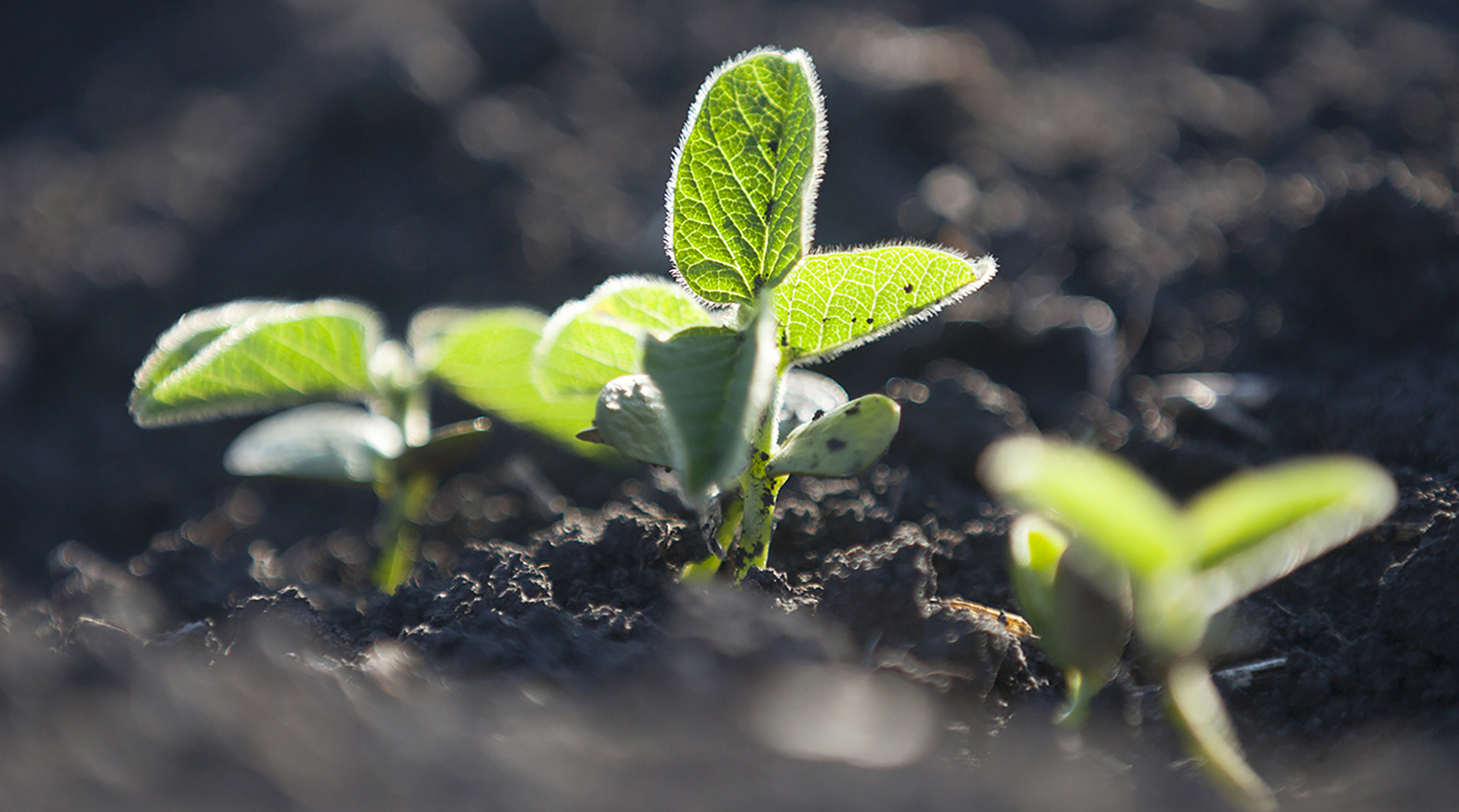Q: How do you decide which products to grow? - Jovanny
A: Determining which products to grow on your farm has a lot to do with location and seasonal climates. Rainfall is probably one of the largest factors on what to raise. Market pricing on crops and livestock also play an important part in decision making.
Cattle are typically raised on land that grows grass, but may not produce row crops, like corn and soybeans, very well. Some grassland areas can survive on small annual rainfall amounts and still produce vegetation for cattle to eat. In North Dakota, we have a large amount of land that is good for cattle production, but not able to produce crops well.
Most of the time, farmers know the history of what has been grown successfully in a certain area and stick with the crops/livestock that grow well there. Sometimes depending on the current market, cattle grazing lands will be tilled up and farmed as the opportunity that year may be better to plant a crop vs. raising livestock. Every year the farmer needs to decide what is the best way to make his capital investment into.
If the farmer has access to rich, black soil that can hold water, it would be considered prime land for raising crops, and often high value crops get raised on these soils. For example, potatoes, edible beans and sugar beets would be some of these crops. Each one of these crops takes a large amount of capital to produce, including equipment, seed, fertilizer, chemical spray and sometimes migrant labor to get the crop to harvest. So, the farmer invests a large amount and needs soil that gives him the best possible opportunity to get back his investment, and try and make some money. The rancher also has a lot of cost invested in his cattle herd and wants those cows to eat as inexpensively as possible to gain a return on his investment. Less expensive land is a better alternative to graze cattle on rather than higher dollar land. -- Nate Schlief, Grand Forks area farmer
